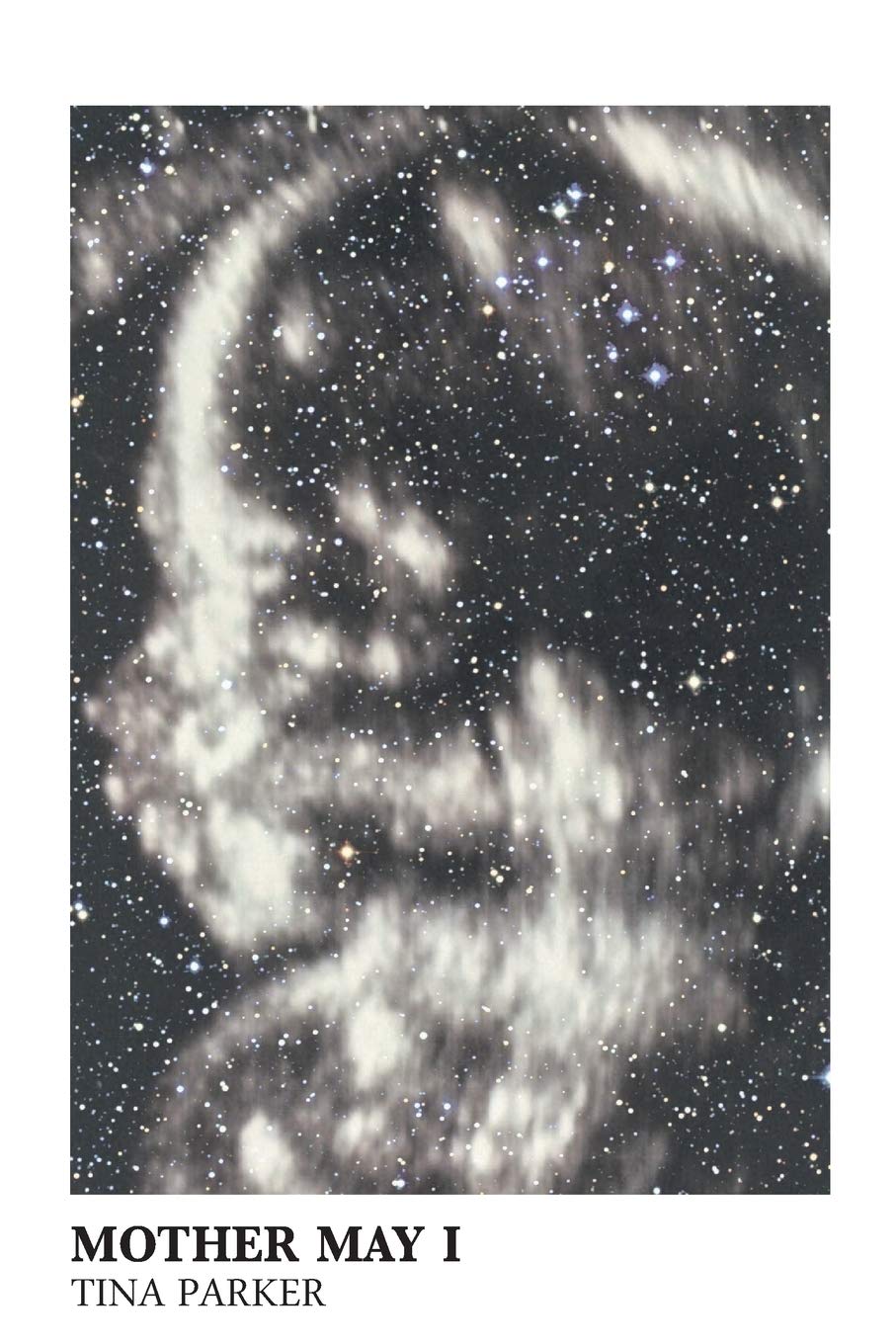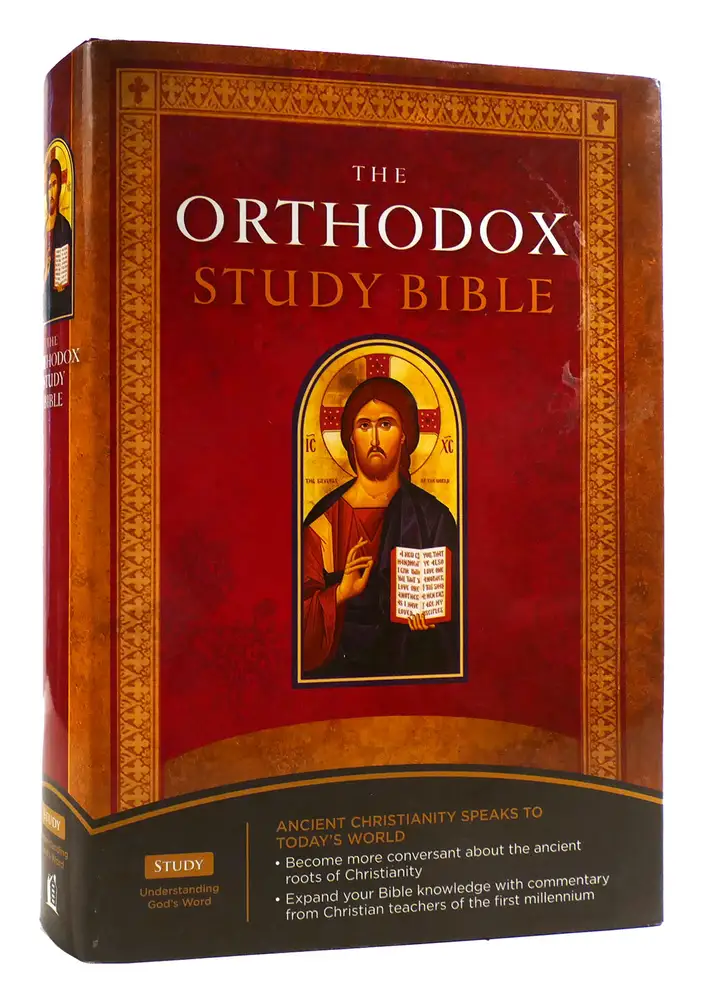Motherhood and parenting are pristine subjects for poetry of the most sacred and noble. Tina Parker captures the brilliancy and benevolence of the most precious biological instrument that the cosmos possesses: Mother. There is no need to speculate about her intention with this body of verse; it has been ripened by the sun of confidence and dipped into the abyss of Providence.
In the genesis of this gilded narrative, the poet demonstrates, through the clever use of a “trinitarian” paradigm, the difficult and illustrious duties of motherhood. The virgin apparition of infancy; the rainbow charm and innocence of childhood; it is finally climaxed by a swirl from the mystical scepter of mother/daughter ligature. These three contagious and clandestine tools of female development encapsulate the poet’s work accurately enough to invite the mother of God for her perception on the human condition. In the poem “Raising Jesus”, the Sacred Mother is asked to answer a series of ruminating questions on the condition of catastrophic child suffering and abuse. Back and forth, throughout this esplanade of amalgamation and assurance and fortitude, the reader will possess no misconception of the role of parenting and of the immense gratification of victory for the child. It is the mother who is the sacred architect of the hero; the mother is the universe of the child; she is the twinkling citadel, seated in the center of humanity, by which the rest of the Gods take notes and regale in the wonder and bliss of the female version of eternal divinity.
To hasten and demonstrate the cause of motherhood higher, consider, if you will, a schedule. The schedule that is life; the morning routine of waking your child; the feeding and communication of commandments that follow; the needs and concerns of breakfast table chatter that can only be displayed and appreciated by Mother and Daughter; (all these prerequisites are ornately arranged throughout the work and coated in grandiose verse) in the everyday demands and requisitions of independence and solace as the timeline of life expands. As this timeline reaches its end, a new seed of life is born again; it goes on and will journey into the cycle of eternity and optimism that is our existence; it is fresh and ever changing, and it is why our purpose is sacred and encouraging.
In the preservation of the duties of motherhood, it is difficult to convince the reader that he or she be suggested to look deeper. The poet has created a time capsule of eloquent verse that conveys the assurance and confidence that we are born; that we will grow into adulthood and profess our dreams and position; that we will honor and pass on what we are taught; that mother will smile, even when
death veils her, and that we are the sieve by which humanity has been preserved and cultivated for the forthcoming of life to come.
I find nothing discordant, exaggerated, or trivial with this majestic and empowering voice of words that this poet has bequeathed to the reader. It is impossible to discuss such variances on the eloquence of the subjects and the possibilities of perfecting the human condition without using and enforcing superlatives. As a final example, I implore the reader to explore the poem “My Four-Year-Old Asks What Happens When People Die And When I Hesitate She Answers Her Own Question”; this is the poem (the final poem of the work) where the cord of life, time, and uncertainty form a rope. The poem is a subtle distinction of a profound answer to the mystery of human life and existence. It has arrived; it stays for a short time; it then moves into the next phase of the most HUMAN of reality which is the ultimate form of the unknown. The smell of victory over death is gratifying in this work. There is no trace of defeat or misconceptions of false impositions or misgivings in any form; on the contrary, MOTHERHOOD is the guardian of all seated in the arena of life; it is inconceivable to ponder otherwise. This work is a fountain of fresh and judicious principles that will enable every reader to satisfy their rank and fulfillment in their destiny of parenting and nurturing. The color of time and the formation of human bonding are sketched with perfectly tuned acoustics and zealous semantics. This work is a nocturne of satin verse and balance. Generations to come will regale in its humanistic ambrosia. You can purchase the poet’s book here.
“MOTHER MAY I” by Tina Parker.
- Publisher: Sibling Rivalry Press, LLC (March 15, 2016)
- Language: English
- Paperback : 70 pages
© 2024, Mark Grago. All rights reserved.





